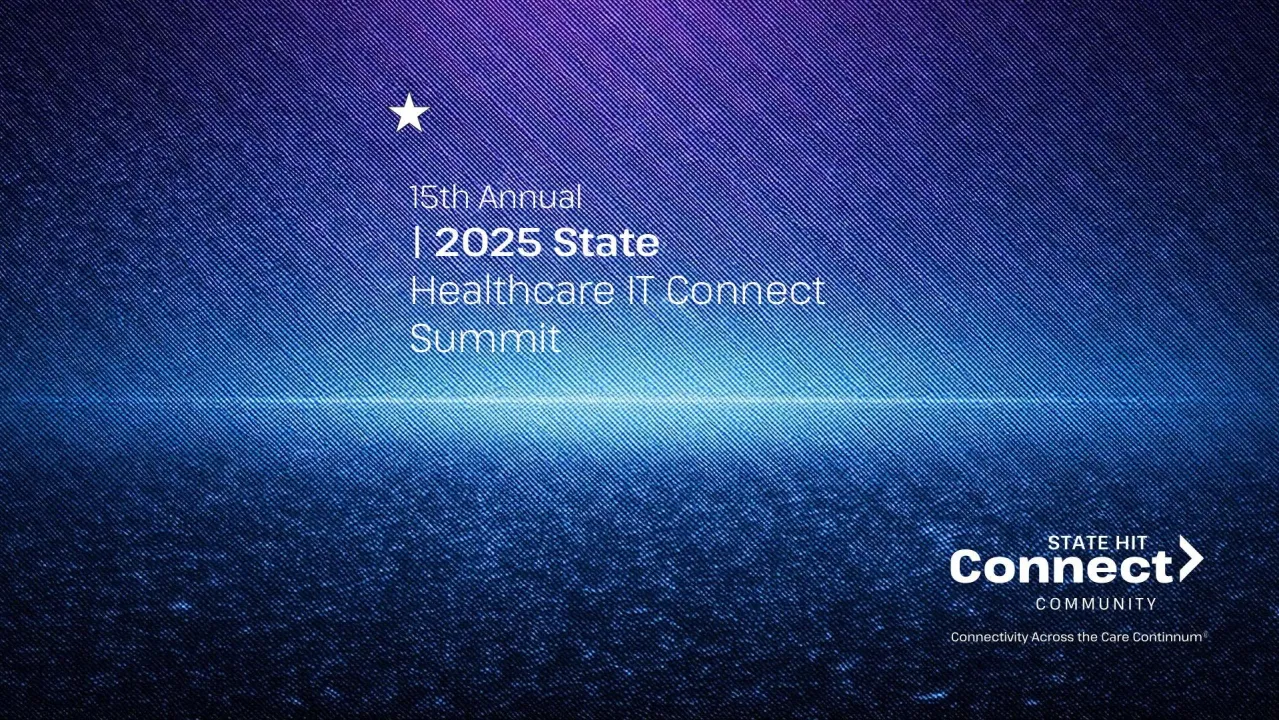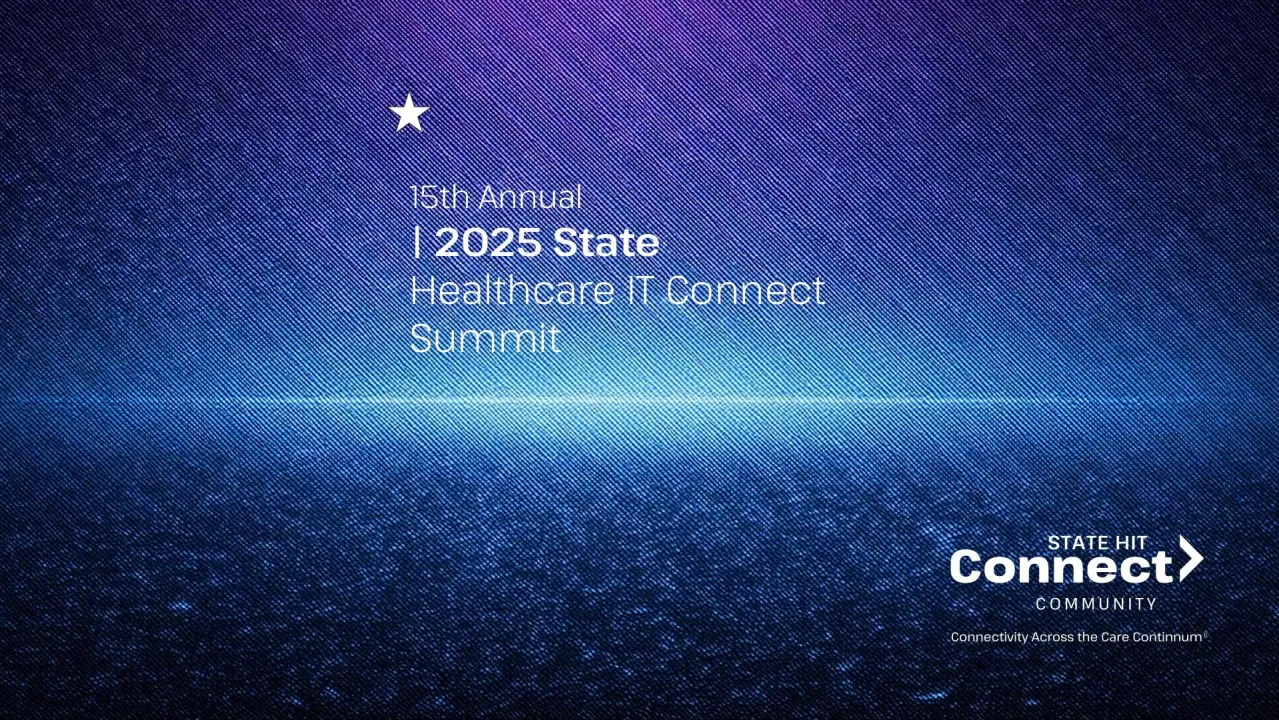

Building a Data-Driven Future: Strategic Collaboration and Deliberate Decisions for Early Modular Project Success
Information
In the rapidly evolving landscape of healthcare data management, establishing a robust and efficient Medicaid Enterprise Data Services (EDS) is crucial for enhancing decision-making and operational efficiency supported by a new modular Medicaid Enterprise System (MES). This presentation outlines a strategic, holistic, relationship-focused approach to implementing new modules through collaborative efforts to determine a clear path forward.
Success hinges on leveraging the Alabama Medicaid Agency’s framework of data policies, processes and procedures. By integrating these governance frameworks, we ensure stable data infrastructure and seamless data conversion throughout the implementation period of all modules. This approach, combined with phased implementation, not only mitigates risks but also fosters a culture of accountability and transparency.
Attendees will gain insights into:
1. Data Governance Framework: The agency’s Enterprise Data Governance Programincludes a set of structures and processes that establish responsibility for data by organizing Medicaid staff to collaboratively and continuously improve it. This approach helps to ensure program area staff are knowledgeable on their data responsibilities.
2. Shared Database Infrastructure: Utilizing the State's Azure Government cloud services ensures consistency and integrity across all Medicaid modules. This centralized approach enhances data reliability and simplifies management.
3. Transparent Testing Techniques: Leveraging shared testing tools allows for transparent and efficient test case and defect management. This ensures that all stakeholders have visibility into the testing process and outcomes.
4. Data Conversion Strategy: Preparing a data conversion repository early in MES planning reduces downstream risk and realizes value early. This proactive approach ensures smooth data transitions and minimizes disruptions.
5. Phased Implementation Strategy: Breaking down the EDS project into manageable phases ensures systematic progress and effective risk management. This methodical approach allows for continuous evaluation and adjustment throughout the project lifecycle.
Join us to explore how a data-driven future can be achieved through meticulous planning, robust governance, and a phased approach to EDS implementation, ultimately transforming Medicaid services and outcomes in Alabama.

